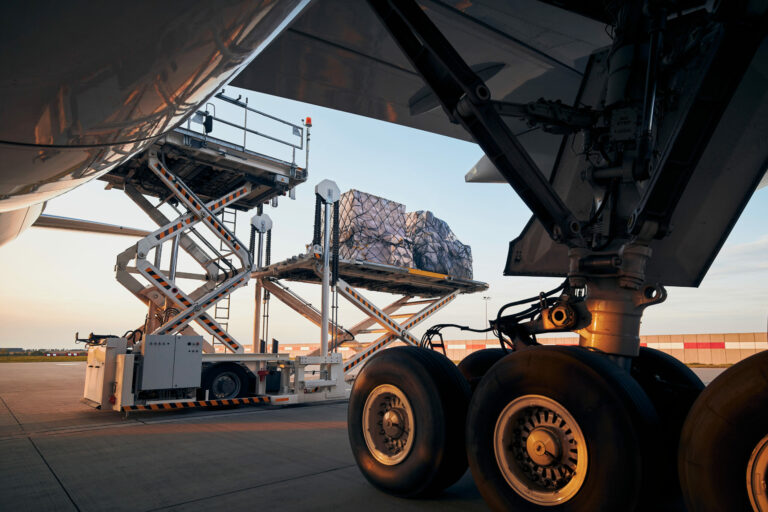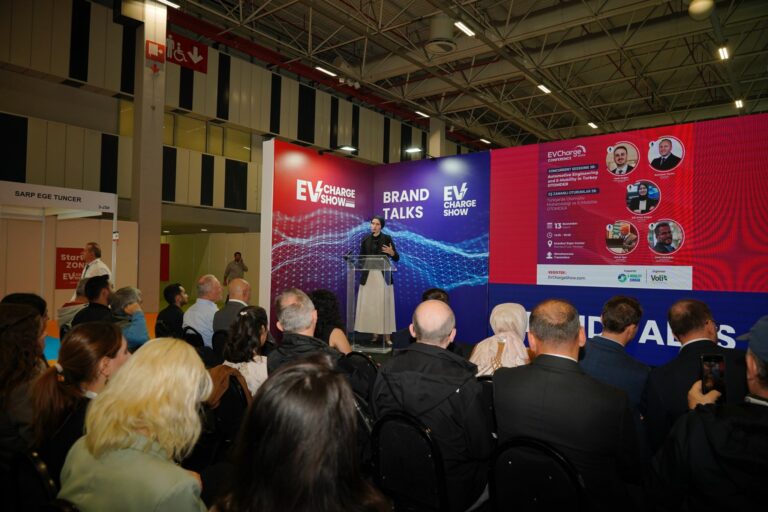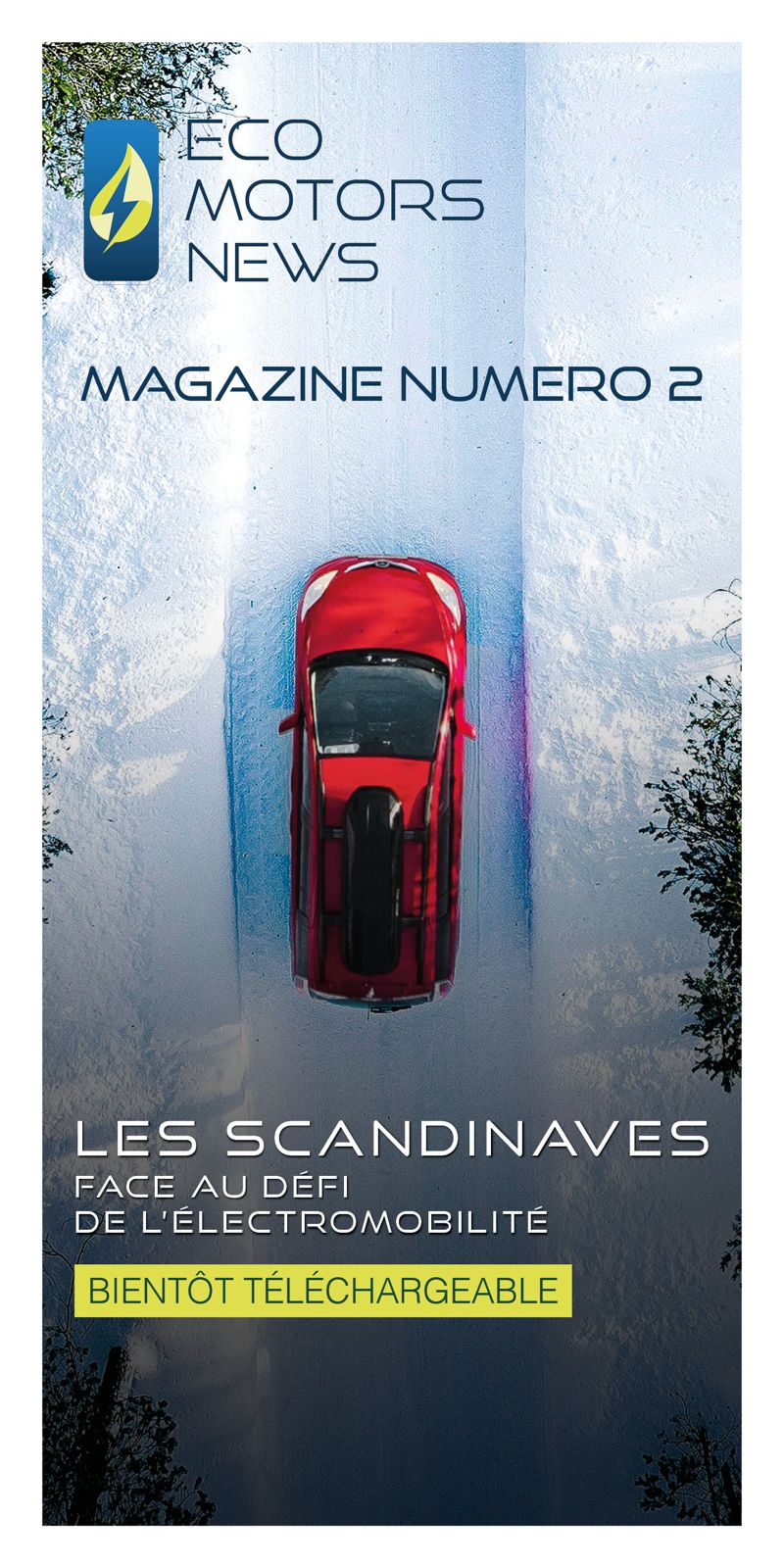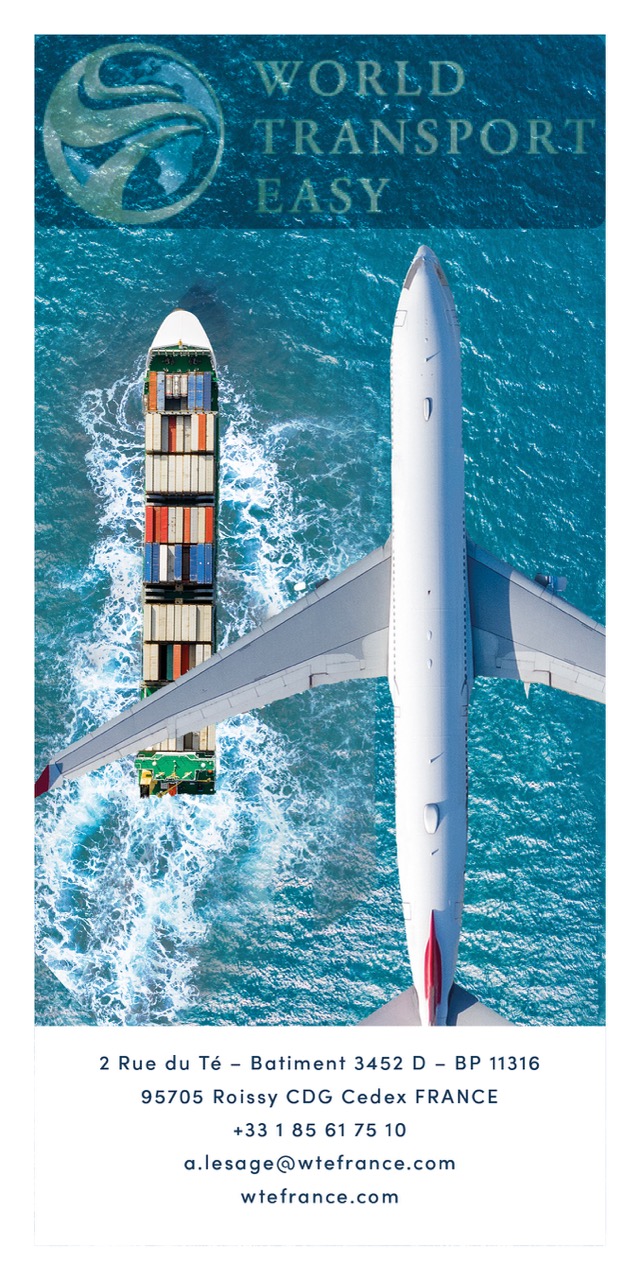Europe’s vast programme to decarbonise transport is granting €100 million to sixteen French projects, supporting ports, airports and road networks. The funding is designed to speed up the transition to clean energy solutions and boost national competitiveness. It also marks a strategic step towards the rapid electrification of heavy mobility.
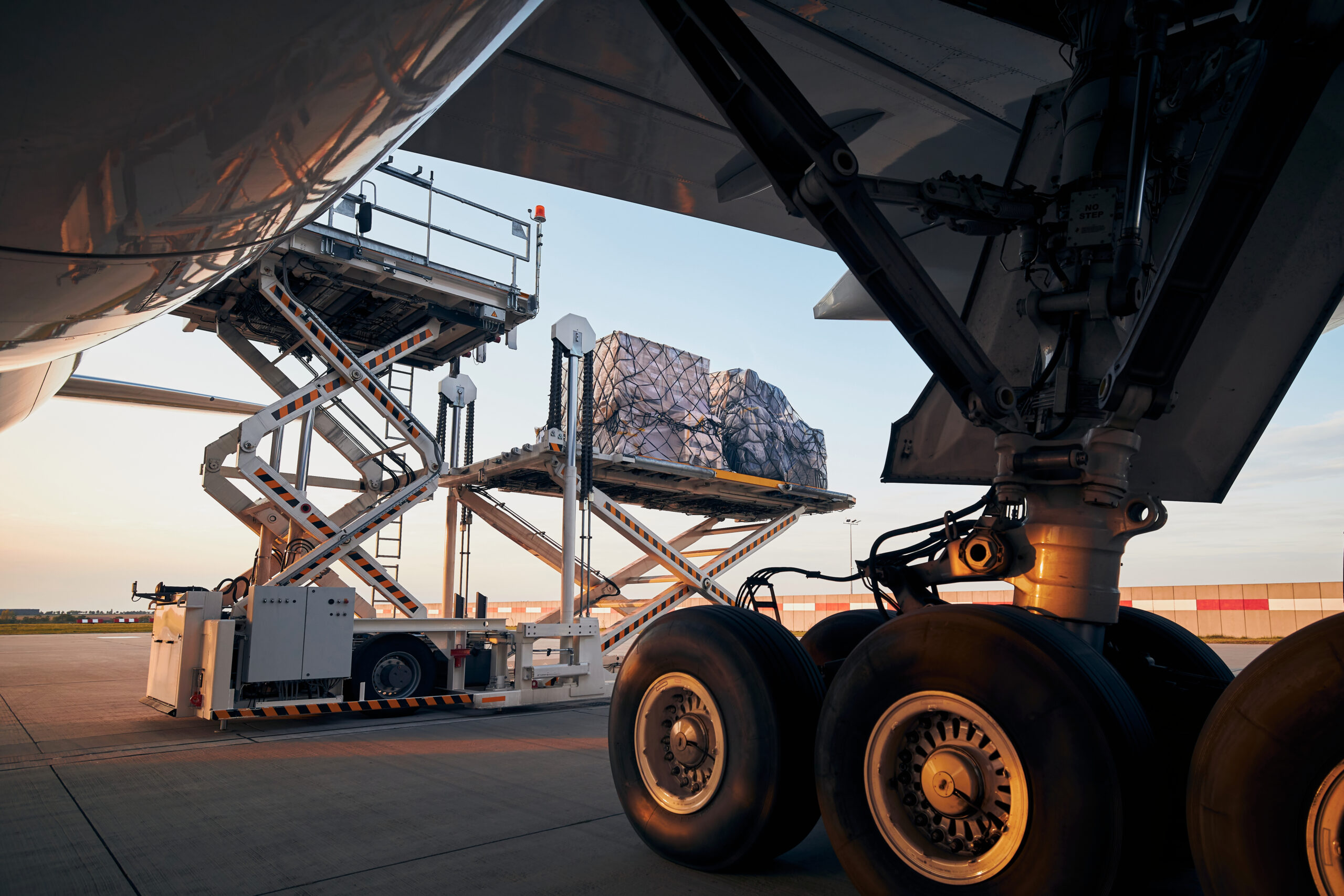
Massive support for French ports and airports
European funding primarily targets the power supply to ships at berth, in order to reduce emissions in port areas. The ports of Saint-Malo and Bordeaux, and those managed by Haropa in Le Havre, Rouen and Paris, are benefiting from substantial aid. These installations will enable ships to use land-based electricity rather than their auxiliary engines, which are highly polluting. Airport operations are also following suit, with Toulouse-Blagnac and Paris-Charles-de-Gaulle receiving several million euros to electrify their facilities. This development strengthens the coherence of environmental policies while modernising strategic infrastructures.
These subsidies consolidate a dynamic already underway by several players in the sector. Port managers are keen to reduce the environmental impact of maritime traffic, which emits large quantities of pollutants. At the same time, airports are speeding up the integration of electric equipment, which is essential if European emission reduction targets are to be met. This convergence reflects a desire to adapt national equipment to climate requirements.
Mass deployment of charging stations for electric vehicles
The list of winners also includes a number of operators specialising in recharging electric vehicles. Engie Mobilités électriques has been awarded more than €5 million to equip fifty-one sites for heavy goods vehicles in Europe. The majority of these installations will be in France, to support the transition in road transport. TotalEnergies, for its part, is coordinating a major project involving nineteen sites capable of delivering 76 megawatts for electric trucks. This initiative has been allocated €13 million, illustrating the strategic importance of the logistics sector.
These investments are facilitating the development of a coherent, high-performance network, which is essential for businesses faced with new energy constraints. The European corridors must rapidly accommodate terminals capable of meeting the growing demand for power. What’s more, these networks will make it possible to unify technical standards and improve interoperability between neighbouring countries.
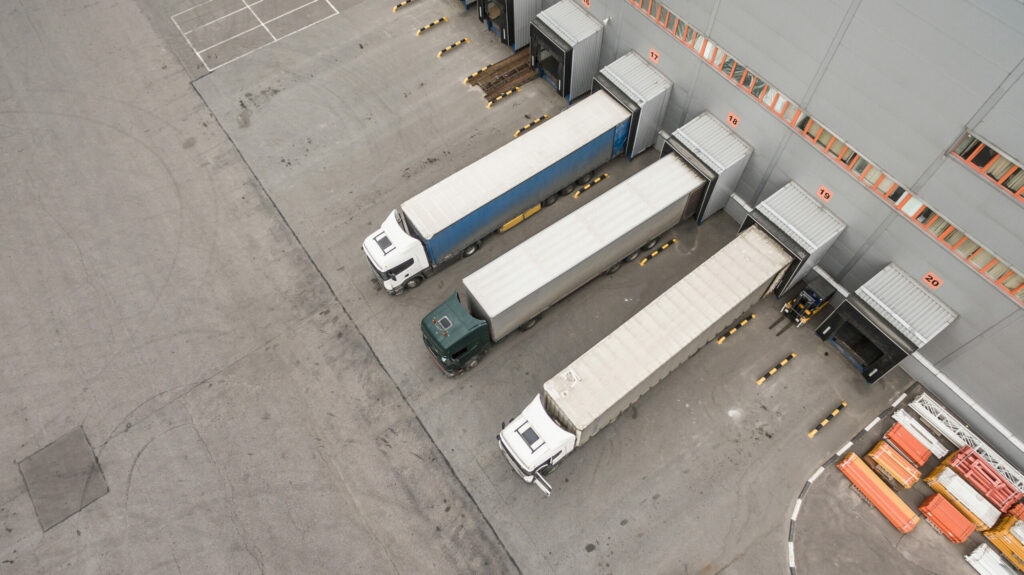
Electro-mobility in buses and the boom in green hydrogen
Keolis is also among the beneficiaries, with a grant to modernise a depot with ninety-eight buses in eastern Paris. The operator also wants to electrify a site still dependent on diesel, which will further reduce urban emissions. This transformation is part of a sustainable public mobility strategy. It also underlines the efforts being made by urban areas to reduce local pollution. At the same time, green hydrogen is continuing to make headway thanks to the start-up Qair, which has received support to deploy stations between Toulouse, Montpellier and Perpignan. Support for this technology confirms its place in the transition to heavy mobility.
Hydrogène Nouvelle Aquitaine is also receiving support for an electrolyser and several stations. This approach guarantees a diversification of energy sources. It will also enable hydrogen to be integrated more quickly into industrial and logistics applications. Finally, the company Izivia has been awarded a grant to install one hundred and sixty hydrogen filling stations for lorries on European motorways. This initiative complements the efforts being made by operators to strengthen the long-distance recharging offer.
Private players heavily involved in the transition
Voltix, a subsidiary of the Vinci Group, has been granted an exceptional sum of sixty-five million euros. The funding will be used to set up forty-five recharging sites in France and several other European countries. The total power announced is 288 megawatts, once again demonstrating a major ambition for the electrification of heavy goods vehicles. This initiative illustrates the determination of companies to meet the technological challenges of the ecological transition. It also highlights unprecedented European coordination.
The Electra network is receiving four million euros for thirty-nine sites in several Member States. This contribution strengthens the presence of an operator already well established in urban areas. It also encourages the harmonisation of infrastructures between the different markets in the Union. This enhanced development will enable users to benefit from a more reliable and extensive network.
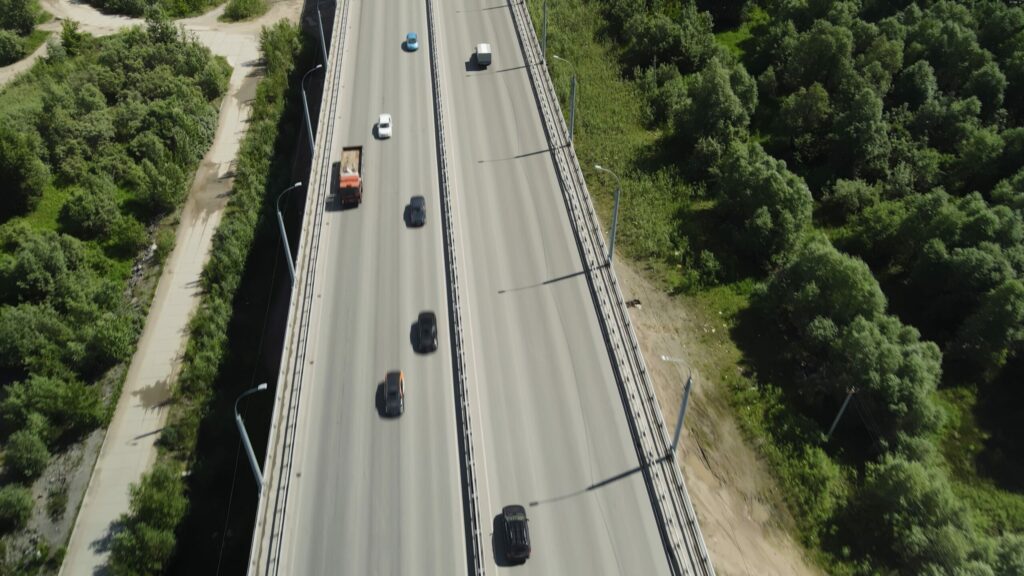
A European strategy transforming the French landscape
These grants reflect a shared vision focused on reducing emissions from the transport sector. They support concrete projects, anchored in the regions and led by public and private partners. Thanks to these investments, France is speeding up the adaptation of its infrastructure. This dynamic also contributes to the economic development of the regions concerned. Finally, it encourages innovation in a sector undergoing major change.
Europe is confirming its driving role in the energy transition. The projects selected meet the environmental priorities set for the coming years. This approach creates a stable and encouraging framework for industrial players. It also sends a clear signal about the importance of investing in clean technologies. All in all, this €100 million package marks a significant step towards more sustainable transport.

